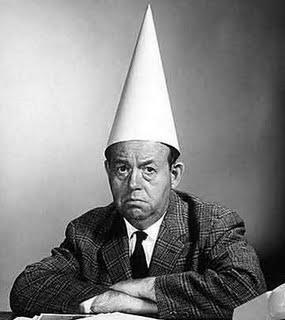
It seems fairly obvious that the institutional type of learning which has been promoted since the Industrial Revolution, is just not suitable for the current requirements in the workplace. Currently, changes in the workplace are putting organizations and staff into positions where they are continually doing things they have little experience with or have never done before.
In organizational life, there is this feeling that tidal waves of change create a challenge whereby the organization and the people have to become extremely efficient learners.
For the last two or three decades lifelong learning has been stressed repeatedly and finally, we now have evidence through our own experience that lifelong learning is essential.
The problem is that we are falling behind and trying to play catch-up. This is shown by the number of people in leadership positions who do not feel that they are up to date with all the knowledge and skills that their jobs require. This has been compounded as the organizations realize that they require higher standards of learning that are relevant to them. In effect, they have raised the bar on learning that have done it through a process of rejecting the institutionalized learning model and demanded something which is more effective.
More and more organizations realize that learning is not an easy thing to define because it is a process rather than a state. It exists overtly in terms of observable behavior but it also exists within the individual in terms of ideas, feelings and attitudes.
The learning required for leadership in the modern organization cannot be compared to other types of learning.
We have to learn to gather information so that we fully understand the subject and then we need to have the tools to be able to apply it.
We need to know how to do it, we need to know what to do and we need to know why we are doing it.
These three areas of knowledge don’t all need to be advanced at the same time but the key is the ability to apply the knowledge. And it is this bridge that we have not crossed using institutional learning.Learning can be described as the changes that a person makes in themselves that increases their knowledge and their ability to use that knowledge.
The challenge exists right now because there are formidable barriers to conducting the type of continual learning that we need in today’s organization. We know that what we’ve been doing in the past has been largely unsuccessful in preparing leaders and managers to be successful in today’s modern organization.

Author: Peter L MitchellArticle Source: EzineArticles.com
© 2011, ©Active Consultants 2011. All rights reserved. Copying in part or in entirety only permitted by written consent
Republished by Blog Post Promoter

